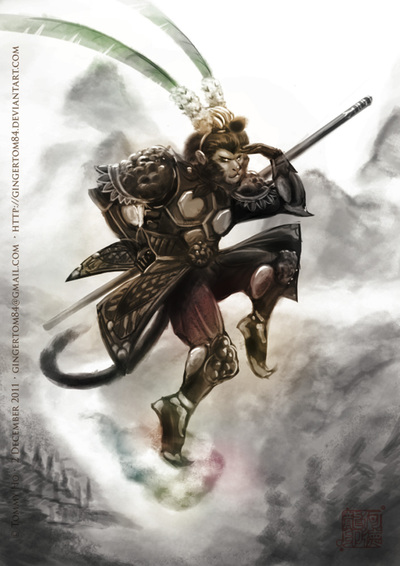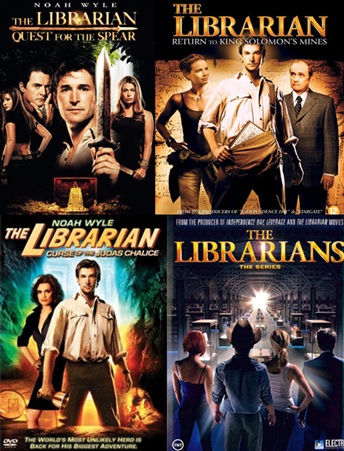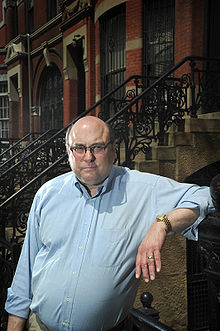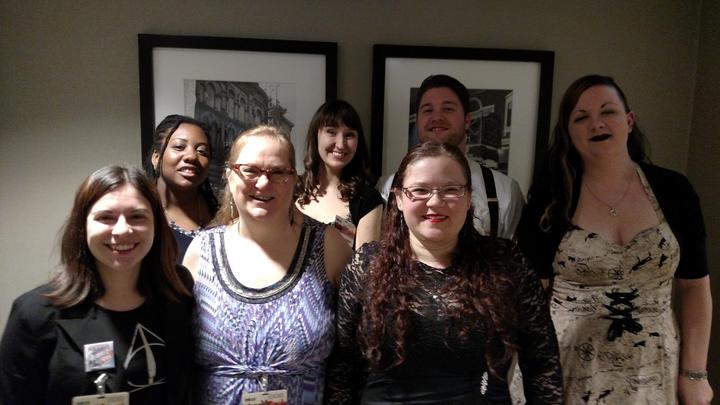Things Your Writing Teacher Never Told You: The 9 Aspects of Story Promise
At a novel writing boot camp I attended many years ago, at our first gathering, opening scenes written by each participant were read anonymously. One has stayed in my mind. It was a humorous gross-out scene that was literally bathroom humor. It was crass, and nearly everyone found it hilarious. I was one of the few who didn’t love it. At the time, I couldn’t explain what bothered me about it, beyond the fact that I don’t care for gross-out stuff or bathroom/body-fluids humor. Though I couldn’t find the words at the time, it wasn’t the indelicate content that was ultimately bothering me.
Only years later did I have the vocabulary and technical understanding I needed to put it into words: I doubted that it was an accurate Story Promise. Was the rest of the book going to be that scatological? Could the author maintain that high-energy gross-out humor for an entire novel? (Certainly, there are authors who can, but it’s a rare gift.)









